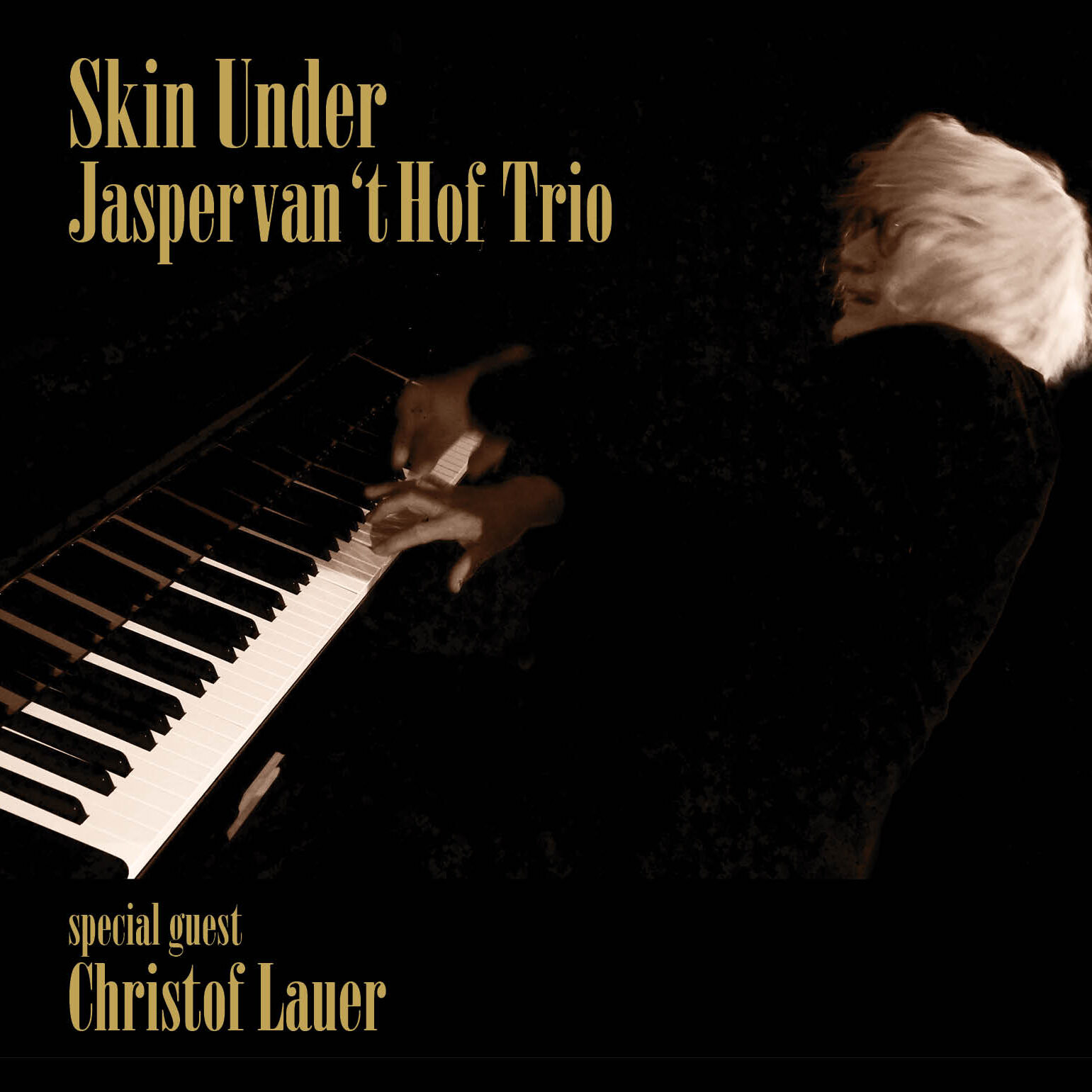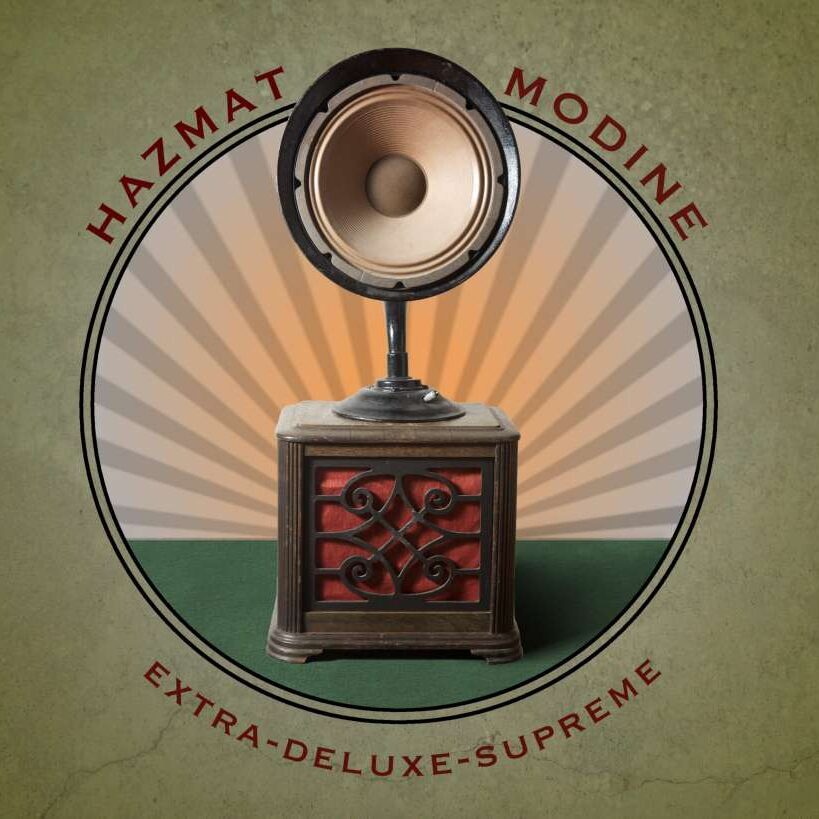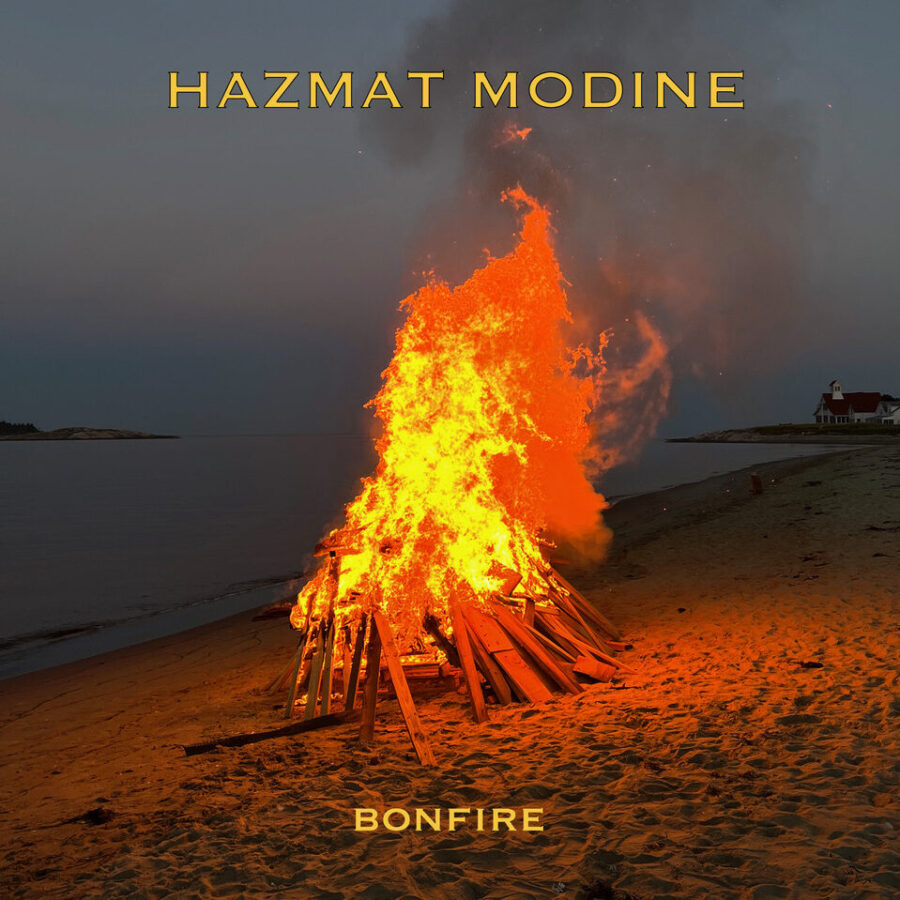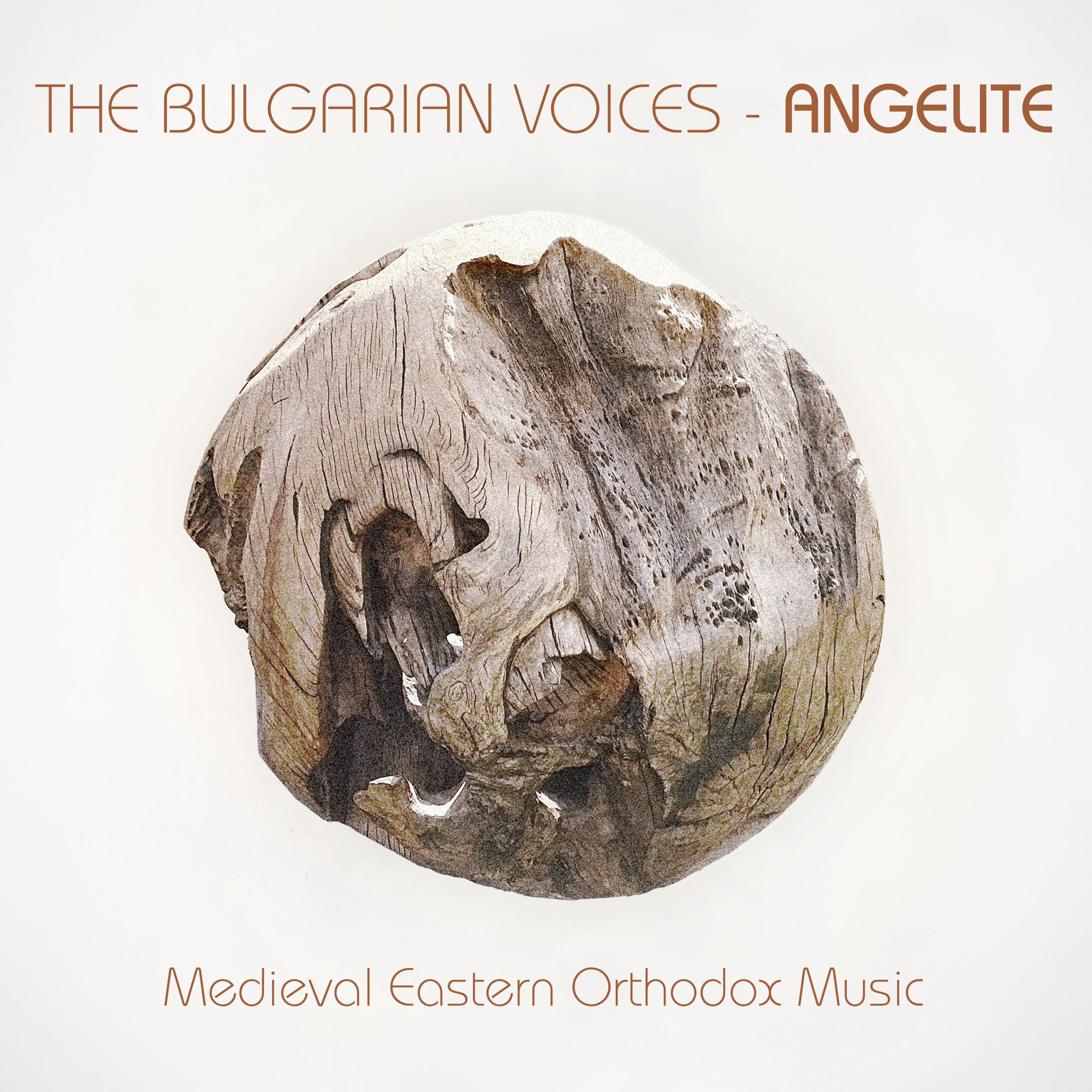Music for Voices, Trumpet & Bass
18,00 €
The very constellation of the ensemble- trumpet, three voices and bass- forces and allows new insight into each of the musical genres alluded to, typically labelled Tango, Jazz, Rap, Ethnopop, Belcanto, etc. The standard distribution of roles in the band has also come completely out of joint: The question ‘Who is accompanying whom?’ has become irrelevant. No-one is accompanying anyone, and everyone is accompanying everyone.
In the beginning there were the voices: three vocalists who apparently saw eye to eye on things. Norma Winstone of England, the Brazilian Rosani Reis and the Italian Giacomo di Benedetto – singers with various cultural backgrounds and varying musical experience. The conscious challenge presented by this constellation, inspired Uli Beckerhoff (trumpet) in many ways. Compositionally he struck gold in Tango and Bossa and turned his attention increasingly to song forms.
Bandleader Uli Beckerhoff has created a varied Album – on several tracks the vocal setting and double bass (Hartmut Kracht) form the harmonic foundation. Nevertheless Beckerhoff does not succumb to the temptation to use the ensemble as a coulisse for his own instrumental talents. The sound of his trumpet is emphatically song-like; many of the carefully and moderately fashioned solos have a clear melodic line, corresponding unmistakably to the overall character of the piece. Sometimes abruptly, sometimes staidly, Beckerhoff is a master at incorporating his virtuoso, slightly husky trumpet voice into the composi- tion in an entirely suitable manner.
Giacomo di Benedetto and Rosani Reis also exel in the art of “song without words”. The solo and trio contributions of the three vocalists are convincing and impressive, with a repertoire ranging from the ecstatic gasp to the sensual whisper, from childlike babbling to the rhythmic sounds of the “human beatbox” otherwise found in Rap or a cappella formations. The multinational character of the quintet also influences its stylistic spectrum: Rosani provides the fire and melancholy of Brazil, Giacomo the wit and virtuosity of his homeland. He transposes the tragedy of a Sicilian drama into a tangoesque composition, demonstrates Italian joie de vivre in a Rap interlude. Norma Winstone, the sedate British lady of European jazz song, involves herself in the action with improvisation, jibing easily with the casual groove of the Brazilian pieces.
Standards are en vogue. Once set, they tend to make us blind. They keep our perception to the beaten path. With this record Uli Beckerhoff does not intend to set standards.
It does conjure up associations: with the petrillo ban (the period of the great musicians’ strike in the U.S. during the early 1940s, when only singers could appear on records as accompanists, as they were not members of the musicians’ union), with the legendary soundtrack to Louis Malle’s “L’ Ascenseur pour l’ echafaud”, (engl. Frantic) (in which Miles Davis was accompanied in some passages only by a bass), with folklore imaginaire (the make-believe folklore of the country Everywhereand- nowhere, sung in make-believe languages, e. g. in Gülhan.).
The very constellation of the ensemble- trumpet, three voices and bass- forces and allows new insight into each of the musical genres alluded to, typically labelled Tango, Jazz, Rap, Ethnopop, Belcanto, etc. The standard distribution of roles in the band has also come completely out of joint: The question ‘Who is accompanying whom?’ has become irrelevant. No-one is accompanying anyone, and everyone is accompanying everyone.
Music for Voices, Trumpet & Bass is an exemplary project. Not in the sense of recommending its imitation, but rather in the sense of an independent vision. And it is not simply novelty for novelty’s sake, but the logical next step in Uli Beckerhoff’s development. The sequence of his groups and record titles reflect this development: Riot – Changes – Stay – La Voce, a path leading from external rebellion to the approximation of the trumpet and (Beckerhoff’s own) human voice.
[/tab][tab title=”Personnel”]Uli Beckerhoff
Born in Münster/Westfalen, Germany, studied law before turning to music. He began his professional career at the age of 21; since then he has performed with his own groups and as a soloist all over Europe. In 1979, on commission by the Goethe Institut, he joined the guitarist Volker Kriegel to give concerts in 11 African countries. He has been commissioned to compose music for film and radio plays, and has written for radio big bands and symphony orchestras as well. He is now a professor of jazz trumpet at the renowned Folkwang Conservatory of Essen.
Norma Winstone
Was born in London. In the more than 30 years of her career, she has become one of the most widely acclaimed vocalists of contemporary jazz in the world. She possesses a highly individual, clear voice and herself professes to be interested in both instrumental vocal conduct and the interpretation of songs. She writes texts for her own songs as well as for those of other composers such as Kenny Wheeler and John Taylor, with whom her musical lifework has been closely connected for decades. The names of the musicians Winstone has collaborated with read like a “who’s who” of jazz.
Rosani Reis
Comes from Belo Horizonte, Brazil, where she was in great demand as a concert and studio singer. She attained fame in her home country through concert tours, TV appearances and the recording of the title songs of several telenovelas. In addition to her voice training Rosani Reis completed theatrical training, and she has also received a degree and worked in the field of psychology.
Giacomo di Benedetto
Was born in Florence. He completed studies of literature and German in Italy before coming to Germany to study jazz song. At the age of 17 he was singing on the streets and in the bars of Florence. He gathered musical experience in bands whose genres ranged from rock/pop to funk to acid jazz, and as a studio musician for stars of the Italian music scene such as Umberto Tozzi and Marco Masini. One of di Benedetto’s greatest interests is the intimate constellation of the voice-piano duo, with which he interprets his own songs and jazz standards.
Hartmut Kracht
Is a native of Essen, Germany. He studied music from 1979 to 1983 and has worked since then as a free-lance musician and music teacher. He received a music grant from the City of Düsseldorf in 1990. In addition to Europe-wide concerts and tours with bands consisting of musicians from all over the world, Kracht has moreover been offering a solo program for double bass.




